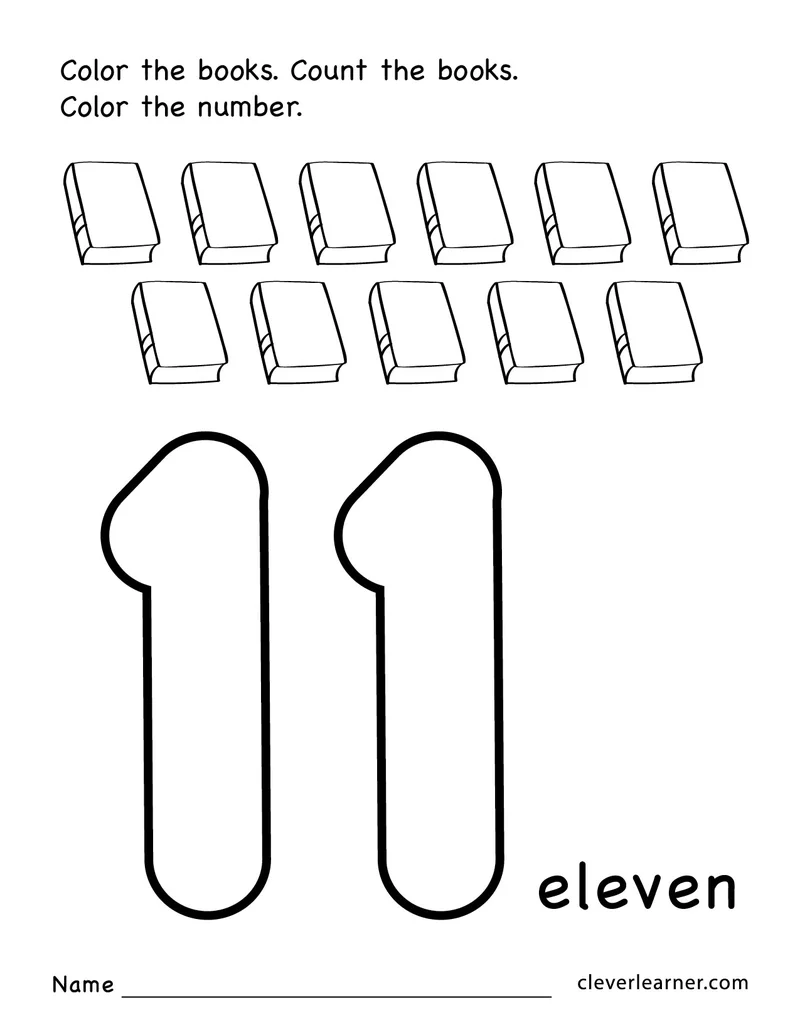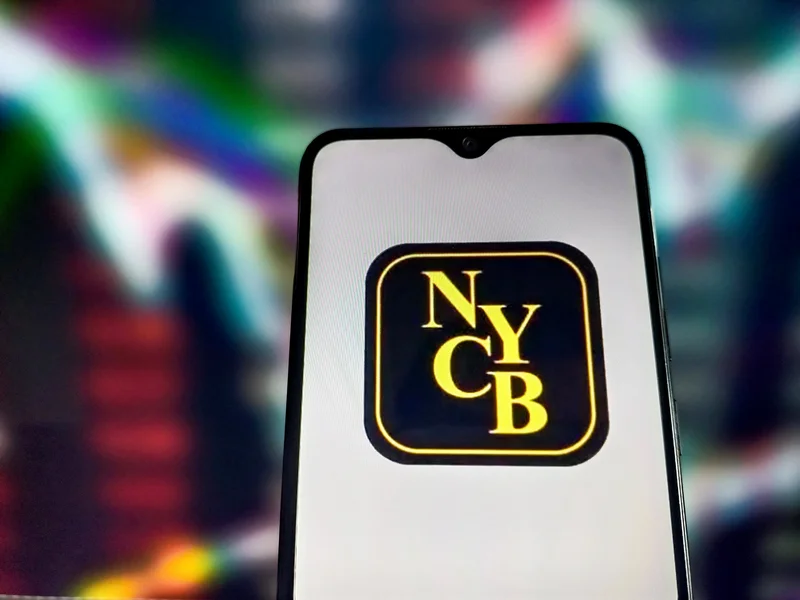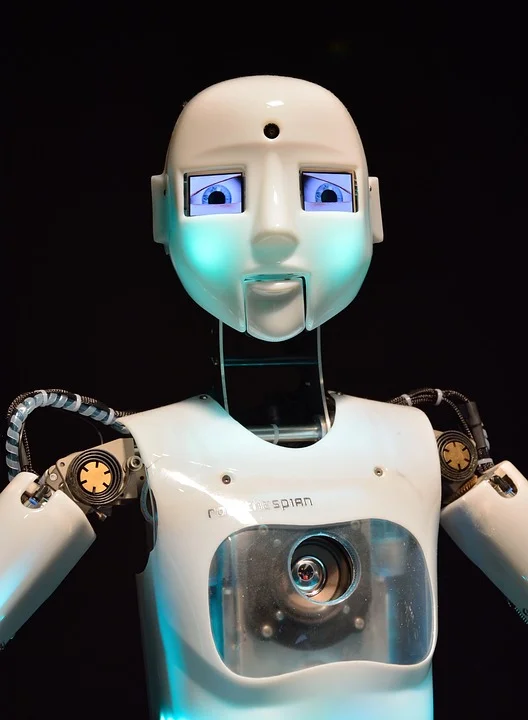11.11: The Moment That Reimagines Our Tomorrow
The Dawn of a New Human Story: Why Our Future Just Got Personal
Sometimes, you stumble upon an idea, a concept so profound, so utterly transformative, that it doesn't just shift your perspective; it rearranges the very atoms of your understanding. For me, that moment is happening right now, as we stand on the precipice of what I truly believe will be the most significant leap in human health since we first figured out that washing our hands was a good idea. We’re not just talking about treating illness anymore; we’re talking about writing a whole new chapter for what it means to be human, to live a life optimized not for disease management, but for flourishing.
Imagine a world where your health isn't a roll of the dice, where the specter of inherited conditions or future ailments doesn't loom over your family tree like a dark cloud. That's the future I see, powered by the incredible convergence of advanced AI and synthetic biology. We're moving beyond reactive medicine—waiting for symptoms, then scrambling for a cure—to a proactive, hyper-personalized health system that understands you on a molecular level. Think about it: an AI system, far more sophisticated than anything we've ever conceived, constantly analyzing your unique genetic blueprint, your lifestyle data, your environmental exposures, even your microbiome, to predict potential health challenges years, even decades, before they manifest, providing precise, personalized interventions that could range from dietary adjustments to bespoke cellular therapies, giving us a level of control over our well-being that truly feels like science fiction unfolding in real-time right before our eyes. This isn't just about early detection; it's about pre-emption—a complete redesign of our relationship with our own bodies. This uses what I call "predictive bio-informatics"—in simpler terms, it means the AI can see the future of your health with astonishing accuracy by crunching all your unique biological data.

It’s like comparing the first rudimentary printing press, clunking out a few pages a day, to the internet, delivering a universe of information instantly. The difference between today’s broad medical treatments and tomorrow’s personalized health journeys is that profound. We're not just getting better at fixing things; we're getting better at being healthy, at creating resilience from the inside out. I remember seeing a headline recently that scoffed, "AI in Medicine: Just Another Hype Cycle for Silicon Valley Elites?" And honestly, when I first saw the demo of this system, showing how it could model a patient's future health trajectory with such precision, I honestly just sat back in my chair, speechless. It's not hype; it’s a foundational shift. This isn't about some exclusive club; it’s about democratizing optimal health, making it accessible to everyone. We’re talking about an era where the data from millions of individual health journeys, anonymized and aggregated, could fuel a collective intelligence that learns faster than any human doctor ever could, constantly refining its understanding of human biology and disease. But, of course, with such immense power comes immense responsibility. How do we ensure equity in access? How do we safeguard the privacy of this deeply personal data? These aren’t trivial questions, and we, as a society, must grapple with them thoughtfully and ethically as we build this new future.
What does it mean when the average lifespan isn't just extended, but the healthspan—the years we live vibrantly, free from debilitating chronic illness—is dramatically increased? What kind of world will we build when the fear of cancer or Alzheimer’s begins to recede, replaced by a confident understanding of our own biological destiny? I saw a comment on Reddit that perfectly captured the sentiment: "My grandma just got diagnosed with something that could have been prevented if we knew this stuff years ago. The idea that my kids might not have to go through that? That’s everything." It’s this collective hope, this shared yearning for a healthier, more fulfilling life, that truly drives this innovation forward. It's like we're finally getting the instruction manual for our own complex biological machinery, and the AI is the master mechanic, fine-tuning everything to perfection.
The Future Isn't Just Coming, It's Being Built Personally
Related Articles
Blue Origin's New Glenn Launch: What We Know
Blue Origin's New Glenn: Not Just a Rocket, But a Stepping Stone to Our Martian Future Here we go, f...
Brooke Rollins: Who She Is and What She's Really After
So, the U.S. Secretary of Agriculture just announced a "top national security priorotiey" on X, the...
student loan repayment changes: what to expect and the potential fallout
Generative AI: The Emperor's New Clothes? Generative AI is the shiny new toy captivating everyone, f...
nvo stock: What's happening and what we know
The Inevitable Singularity is Closer Than You Think I've been following technology for decades, and...
GALA: Tracee Ellis Ross and the "Push Humanity Forward" Nonsense
Another Pat on the Back for... Doing Their Job? So, the Ebony Power 100 Gala happened. Big deal. Ano...
Robot: Autonomous Catalysis Research – What We Know
The Rise of the Robot Catalyst: Hype vs. Reality Self-driving labs. Autonomous catalysis. The very p...





